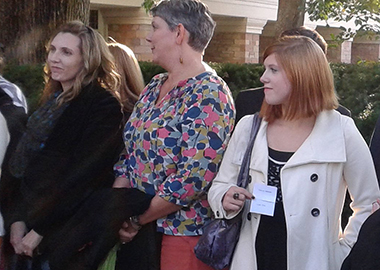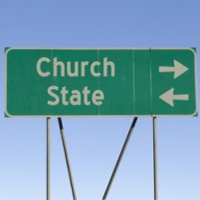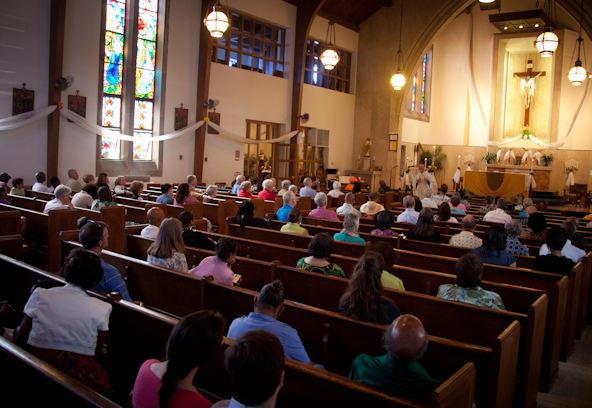In its coverage of Somalis in Nairobi facing a backlash in the wake of the Westgate Mall attack that left 67 dead and more than 200 wounded last month, the Washington Post inexplicably leaves out the potent subject of religion from its analysis. This seems odd considering that attack was conducted by the Somali Islamist group al-Shabaab in an overwhelmingly Christian country. Kenya is 82.5 percent Christian while Somalia is officially Sunni Muslim.
While detailing the arrest and harassment of Somalis ranging from immigrants to Somali politicians to U.S. citizens by the Kenyan anti-terrorism police, the article almost avoids the question of religion entirely. Instead, the author frames the police profiling as basically ethnic in nature, and points to the more than 400,000 Somali refugees in Kenya as a cause for unease. In fact, the only real mention of religious tension comes in the observation that those in the camp were escaping the very brand of sharia law that al-Shabaab promotes.
Given that witnesses to the Westgate Mall attack claimed that Christians were systematically targeted for violence while Muslims were released, it should come as no surprise that retaliation might be directed at Muslims. Certainly, Kenyan President Uhuru Kenyatta saw this as a possibility, warning against religious intolerance at a multi-faith prayer meeting in Nairobi on Oct. 1.
His words and those prayers don’t seem to have been heeded, however. Today the LA Times reported on riots in the Kenyan city of Mombasa in which four people were killed and a Christian church was burned. Friday’s unrest followed the murder of a Muslim cleric and three of his fellows Thursday night — murders some in the Muslim community have blamed on the Kenyan anti-terrorism police.
While it can be a mistake to foist religion into a conflict narrative where it doesn’t belong , leaving it out of the analysis of Kenya’s response to the Westgate Mall attack leaves WP readers with only a partial understanding of a volatile situation. As the unrest seems likely to worsen before it improves, the WP will surely have other opportunities to shed light on the religious angles at work.








!['This is a historic moment, an important stage,' Erdogan told a press conference on Monday [AP]](http://www.trans-missions.org/wp-content/uploads/2013/09/Turkey.jpg)